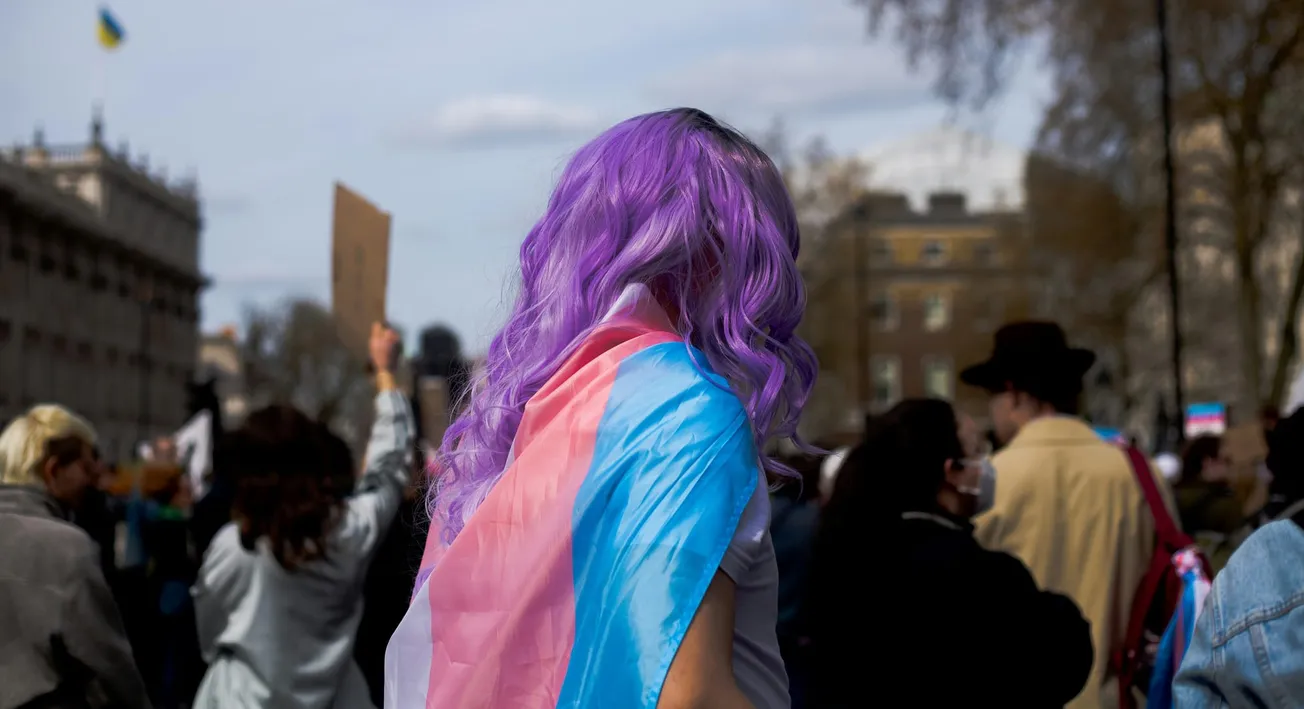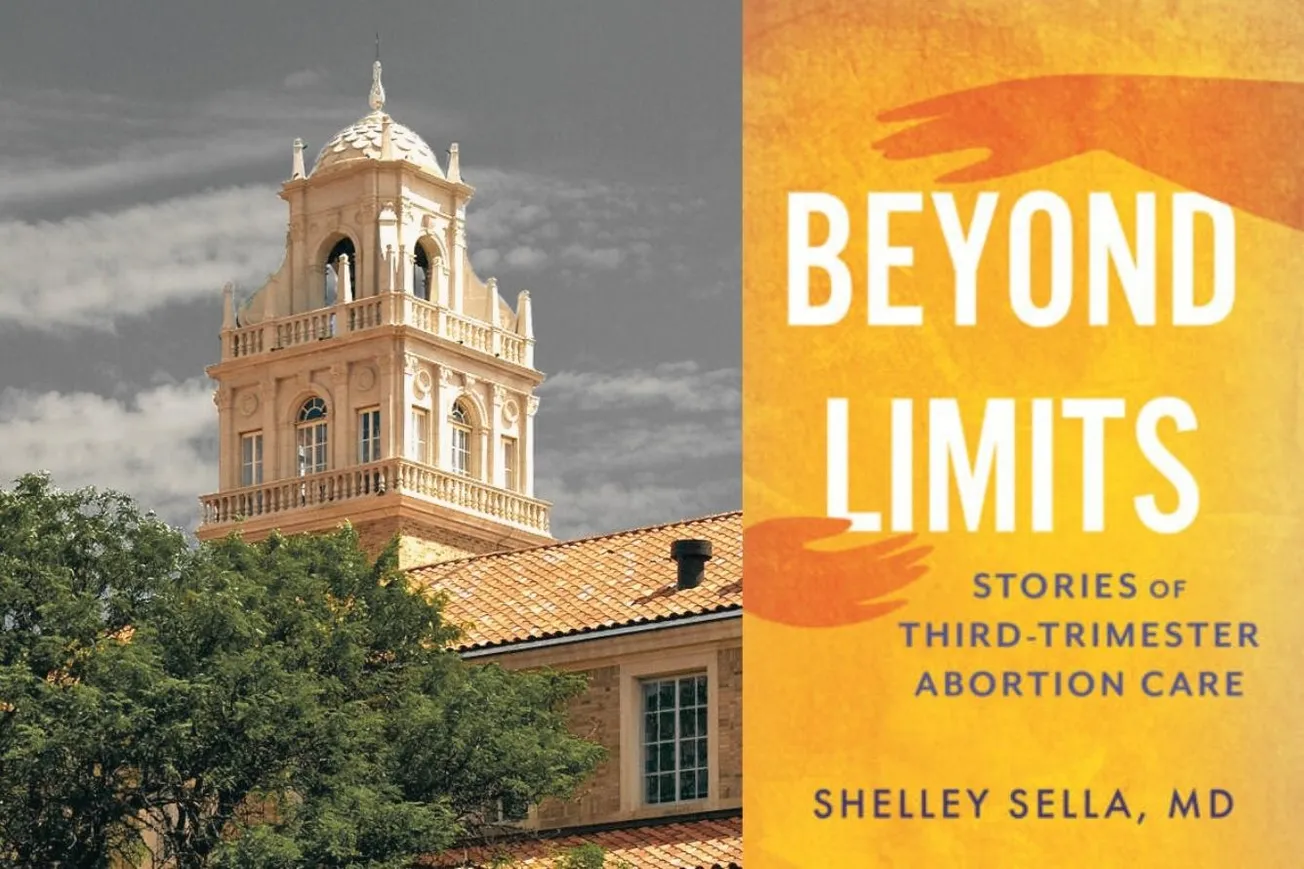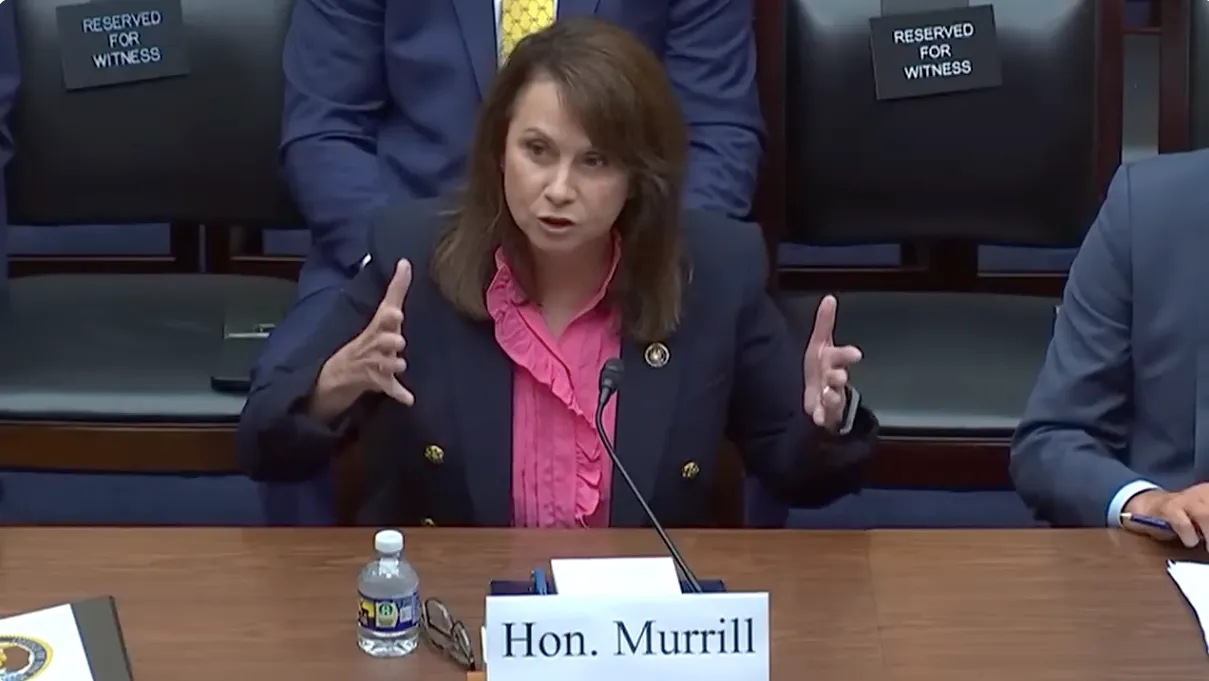In early July, a small telemedicine clinic that offers gender-affirming care to patients in 10 states received a subpoena from the Department of Justice (DOJ). The document, which was more than 20 pages long, demanded huge volumes of information from the medical practice, called QueerDoc, including full personnel records for every employee and communications regarding medical billing.
The subpoena sought 15 types of records in total, dating back to 2020. However, the most alarming demand to QueerDoc founder Crystal Beal, a family medicine physician, was that the practice produce “documents sufficient to identify each patient (by name, date of birth, social security number, address, and parent/guardian information) who was prescribed puberty blockers or hormone therapy.”
Some of the records requests were specific to care provided to minors—but the demand for private, identifying patient information was not. “I think we've all known for a long time that this isn't about protecting children,” Beal told Autonomy News. “But I feel like this [demand] was a very big piece of evidence supporting that.”
Not willing to expose its patients to government surveillance, QueerDoc fought the DOJ—and won. In late October, a federal judge in Washington quashed, or canceled, the subpoena in its entirety.
District Judge Jamal Whitehead, a Biden appointee, didn’t mince words in his order. “The question before the Court is whether DOJ may use its administrative subpoena power to achieve what the Administration cannot accomplish through legislation: the elimination of medical care that Washington and other states explicitly protect,” he wrote. “The answer is no."
Much of the subpoena focuses on investigating QueerDoc’s insurance billing practices, with the implication being they might have submitted false or inaccurate claims. There’s just one problem with that: QueerDoc is a sliding-scale practice that doesn’t accept insurance at all, a fact clearly explained on its website. “This mismatch is not just a technicality,” Whitehead wrote. “It suggests that DOJ issued the subpoena first and searched for a justification second.”
“The timeline tells the story here,” Whitehead said, noting that two anti-trans executive orders were among President Trump’s first actions upon reentering office. On January 20, the first day of his second term, Trump signed an executive order declaring that the federal government would only recognize two sexes, male and female; directing federal agencies to use the term “sex” instead of “gender;” requiring that gender markers on federal identification documents match a person’s sex assigned at birth; and more. (Parts of this order had been blocked by a federal court, but the Supreme Court allowed them to go into effect on November 6.)
"I think we've all known for a long time that this isn't about protecting children,” said Dr. Crystal Beal. “But I feel like this [demand] was a very big piece of evidence supporting that.”
Trump then declared medical standards for youth gender-affirming care to be “junk science” in a second order signed on January 28, and directed federal agencies to take steps to end access to the care for people under 19 years old. The order didn’t just proclaim that the administration would end federal funding for institutions that offer the care, it also directed the Attorney General to investigate providers. In particular, the DOJ was instructed to “prioritize investigations and take appropriate action to end deception of consumers, fraud, and violations of the Food, Drug, and Cosmetic Act (FDCA) by any entity that may be misleading the public about long-term side effects of chemical and surgical mutilation.”
This led to two memos distributed within the DOJ—the first from Attorney General Pamela Bondi herself, and the second from Assistant Attorney General Brett Shumate—outlining how the agency should implement these and other executive orders. Shumate’s memo, dated June 11, explained that the DOJ’s civil division would use “all available resources” to investigate doctors, hospitals, and pharmaceutical companies involved in gender-affirming care. The QueerDoc subpoena was issued that same day and signed by Shumate.
On July 9—the deadline by which QueerDoc was directed to produce documents—the DOJ issued a short news release about the subpoenas. It referenced investigations into “healthcare fraud” and “false statements,” and included a quote from Bondi pledging to hold to account “medical professionals and organizations that mutilated children in the service of a warped ideology.” Within weeks, Judge Whitehead wrote, “the White House celebrated that President Trump had 'delivered' on his promise to 'end' such care, listing hospitals that ceased providing these services" in a post on the White House website. “This is not speculation about hidden motives—it is the Administration’s explicit agenda,” Whitehead continued.
In its press release, the DOJ didn’t directly identify the recipients of its subpoenas. Previously, Boston Children’s Hospital was the only facility publicly known to have received one, because it also fought the subpoena, and succeeded in getting a federal judge to quash it in September. The Boston Children’s and QueerDoc subpoenas are nearly identical, despite these being two very different types of medical providers.
However, these subpoenas were not the only actions the administration took in an attempt to intimidate providers of gender-affirming care. In June, the Federal Bureau of Investigation launched criminal investigations into whether providers at Boston Children’s Hospital, Children’s Hospital Colorado, and Children’s Hospital Los Angeles had violated a federal ban on female genital mutilation—following another of Bondi’s directives. The move was first reported by Fox News, suggesting the administration wanted a friendly outlet for the information. In August, sixteen states and Washington, D.C. sued the Trump administration to block these and other moves it has made to attack gender-affirming care. But as their complaint notes, the federal government’s actions have already “had the intended effect of chilling providers from gender-affirming care to individuals under 19 years old.” By the end of that month, at least 21 hospitals had either reduced their youth gender-affirming care offerings or ended them entirely.
QueerDoc is the only small, independent practice known to have been in the DOJ’s crosshairs. It’s unclear exactly why they were targeted, though according to a declaration from one of Beal’s attorneys, a DOJ lawyer told her in a meeting that “QueerDoc is a ‘prominent’ provider of gender-affirming care through telehealth that prescribes puberty blockers and hormones ‘under the FDCA’ but added, ‘that’s the extent of it.’”
As states ban gender-affirming care and major hospitals and health systems stop providing it, it’s largely independent providers like QueerDoc that are filling the gaps—with a few notable exceptions, including Boston Children’s. Beal’s practice had already seen an influx of new patients due to state restrictions even before Trump took office, they said. And in Illinois, a network of independent providers who don’t rely on federally-funded programs like Medicaid have stepped in to continue patients’ gender-affirming care as local hospitals have backed off.
Beal is proud of the work independent practices are doing to support their patients, but also worries it could lead to violence against providers. Clinicians are organizing, Beal said, “to continue care when these large systems close.”
“But then it is falling more on individual clinicians to make those things happen,” Beal added. “Which, if you have care siloed, it is also much easier to target those clinicians’ physical safety.” This mirrors a dynamic that has long existed in abortion care. The upside of specialized clinics is expert care and mission-driven staff. The downside is that these practices are easier to single out, whether for harassment, violence, or government surveillance.
While QueerDoc won the first round of its fight with the DOJ, the case may not be over yet. The government could ask the judge to reconsider his decision, or appeal to a higher court—it has done both in the Boston Children’s case.
“If they can violate patient privacy protections for specific types of health care, that doesn't affect just trans people," said Beal. "That affects everyone.”
Beal wants people to understand that the stakes are high, and not only for their trans patients. “If they can violate patient privacy protections for specific types of health care, that doesn't affect just trans people. That affects everyone,” they said. “Anyone who's ever gotten a birth control prescription, anyone who's ever gotten abortion medication, or anyone who's ever gotten an antidepressant. If they set the precedent with this for gender-affirming care, it's devastating to every American.”
In such challenging times, Beal told Autonomy News that they lean on lessons about mutual support learned from their own trans community, particularly its BIPOC members, who have faced multiple forms of oppression for so long. “What I have learned from them always is to be in community,” Beal said. “And BIPOC trans community does that in such astounding and phenomenal and impressive ways.”
“These are stressful times, and I think we cannot forget that the trans community has never had actual liberation,” Beal added. “We just have to stay in solidarity and in connection with each other, and also in solidarity and connection with all of the other communities facing oppression right now, because separation is what allows fascism to progress.”
This story was edited by Susan Rinkunas and copy edited and fact checked by Hannah McAlilly.
Follow Autonomy News on Instagram, Bluesky, TikTok, and LinkedIn.






